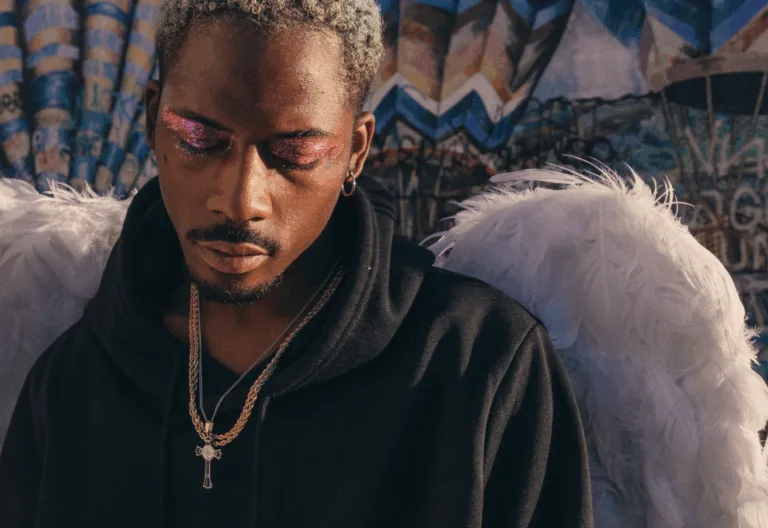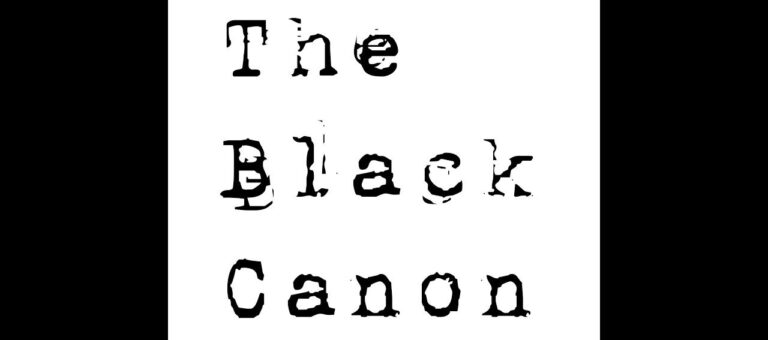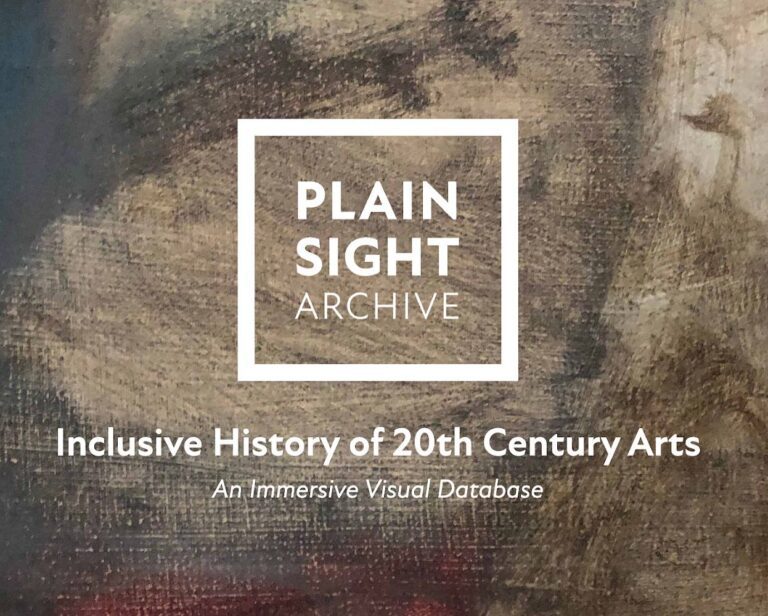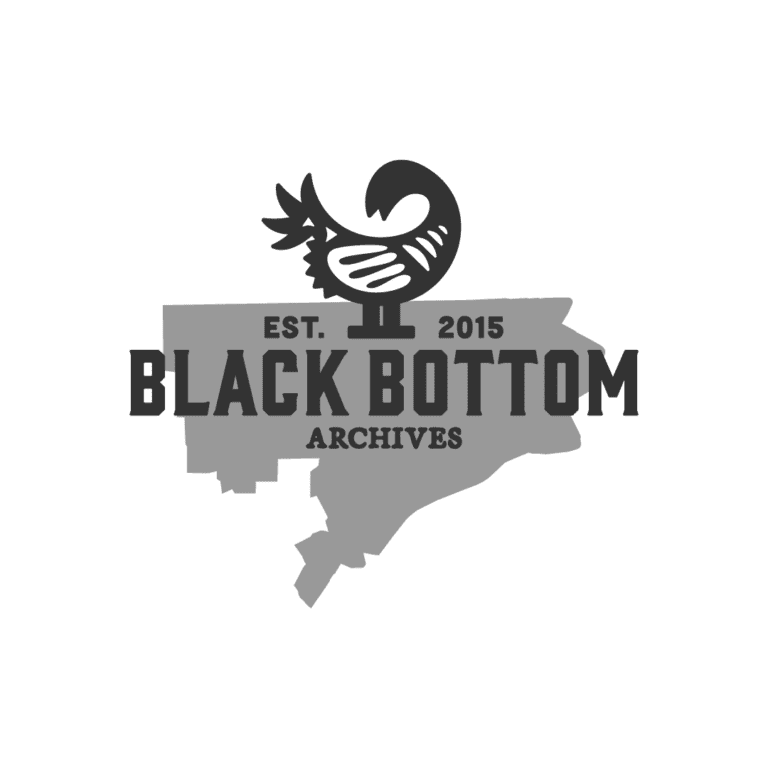The Black Curatorial Institute (BCI) is a learning center established by the Black Artists Archive (BAA) to advance critical curatorial and archival practice. Designed in direct response to long-standing gaps in the arts and cultural sector, BCI provides rigorous professional development for curators, archivists, artists, educators, and cultural workers seeking deeper historical grounding and practical tools for ethical, equity-centered work.
BCI courses are organized around two core pillars:
Professional Development & African Diasporic Histories.
These pillars are not treated as separate tracks, but are intentionally woven throughout the curriculum, ensuring that historical inquiry and professional practice inform one another at every stage of learning.
All BCI courses are grounded in five core areas of focus, which shape the content, methodology, and application of each offering:
Art Museum History & Evolution
Students examine how Western art museums developed as cultural repositories of colonialism, and how the art market emerged as an economic extension of empire and Western imperialism.
Counter-Hegemonic Approaches to Museum Practice
Courses train students to identify museum practices rooted in racist or exclusionary frameworks, while exploring points of rupture where institutional “norms” can be challenged, reimagined, and transformed.
Ethics & Equity in the Arts
BCI emphasizes ethical approaches to collecting, exhibition-making, and programming that meaningfully engage audiences and communities rather than treating equity as an abstract value.
Direct Connection to Professional Practice
Students are encouraged to “discover their why” through real-world applications of critical theory, learning directly from experienced anti-racist cultural practitioners and case-based analysis.
Community Impact
Courses center community-engaged curatorial and archival practices that position collective care, accountability, and cultural stewardship within broader frameworks of social and racial equity.
BCI is delivered entirely online through a self-paced learning model, making the program accessible, flexible, and affordable for individuals and organizations worldwide. Whether taken independently or integrated into institutional training, BCI courses equip participants with the historical knowledge, critical frameworks, and practical skills necessary to navigate—and reshape—the contemporary cultural landscape.











